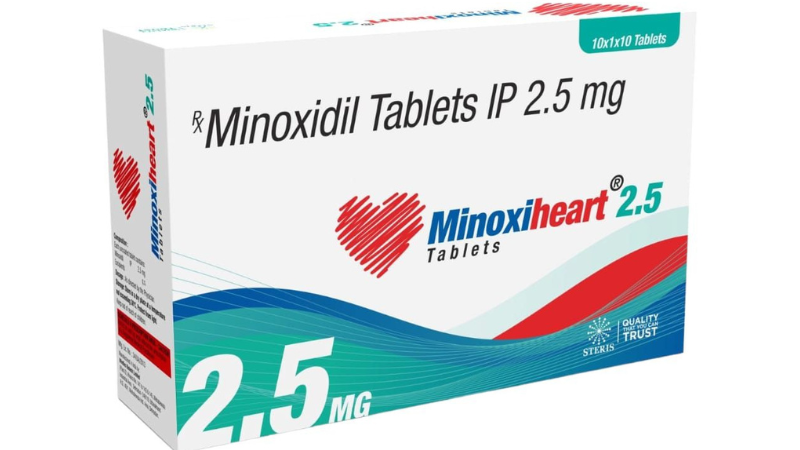Glimepiride & Metformin Hydrochloride Prolonged Release m
Feb 09, 2024
Glimepiride & Metformin Hydrochloride Prolonged Release
GLIMITERIS M1
-
Glimepiride:
- Glimepiride belongs to a class of medications known as sulfonylureas, which help lower blood sugar levels by stimulating the release of insulin from the pancreas.
- Mechanism of Action: Glimepiride works by binding to specific receptors on the pancreatic beta cells, leading to increased insulin secretion. It also helps to decrease the production of glucose by the liver.
- Indications: Glimepiride is used to improve glycemic control in adults with type 2 diabetes mellitus, either as monotherapy or in combination with other antidiabetic medications.
- Dosage: The usual starting dose of glimepiride is 1-2mg once daily, taken orally, with or without food. The dosage may be adjusted based on individual response and blood sugar levels.
- Side Effects: Common side effects of glimepiride may include hypoglycemia (low blood sugar), weight gain, gastrointestinal symptoms such as nausea and diarrhea, and allergic skin reactions. It may also increase the risk of cardiovascular events.
-
Metformin Hydrochloride Prolonged Release:
- Metformin is a biguanide medication that helps lower blood sugar levels by decreasing the production of glucose by the liver and improving insulin sensitivity in the body.
- Mechanism of Action: Metformin works by activating AMP-activated protein kinase (AMPK), a cellular enzyme that regulates glucose and lipid metabolism. It also decreases the absorption of glucose from the intestines.
- Indications: Metformin is used to improve glycemic control in adults with type 2 diabetes mellitus, either as monotherapy or in combination with other antidiabetic medications.
- Dosage: The typical starting dose of metformin prolonged release is 500mg once daily, taken orally with the evening meal. The dosage may be adjusted based on individual response and blood sugar levels.
- Side Effects: Common side effects of metformin may include gastrointestinal symptoms such as diarrhea, nausea, abdominal discomfort, and metallic taste. It may also cause vitamin B12 deficiency and lactic acidosis, although the risk is low.
Recent Post

FABRICAL RAGA – Calcium, K2 & D3 Supplement

Bilastine 10 mg & Montelukast 4 mg Suspension – BISALATIN M KID Pediatric Allergy Relief

Best PCD Pharma Franchise Company In Panchkula.

Minoxidil 2.5 mg Tablet: View Uses, Benefits, Side Effects and More.

Best PCD Pharma Company In Chandigarh: Steris Healthcare Pvt Ltd.

Epalrestat 150 mg (EPSTATE SR 150): Benefits, Risks, and Clinical Use

Complete Guide to Betahistine Hydrochloride, Piracetam 400 mg & Vinpocetine 5 mg : CEREBROLITE PLUS

Glutathione & Vitamin C Tablets for Skin Brightening and Immunity Boost

Trelagliptin 50 mg: Dose, Uses, Side Effects & Why TRELAQWK 50 is a Smart Choice

Trelagliptin 100 mg: Uses, Dosage, Side Effects & Weekly Diabetes Control

